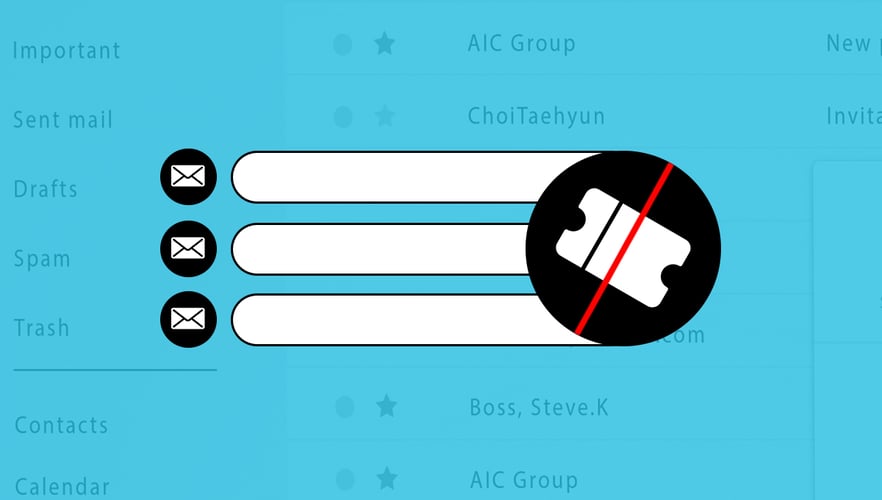
Blog
Stay up-to-date on the latest news from us.
Make the experience magical
Curious how a partnership with Lyte could help take your event to the next level? Reach out today.
Stay up-to-date on the latest news from us.